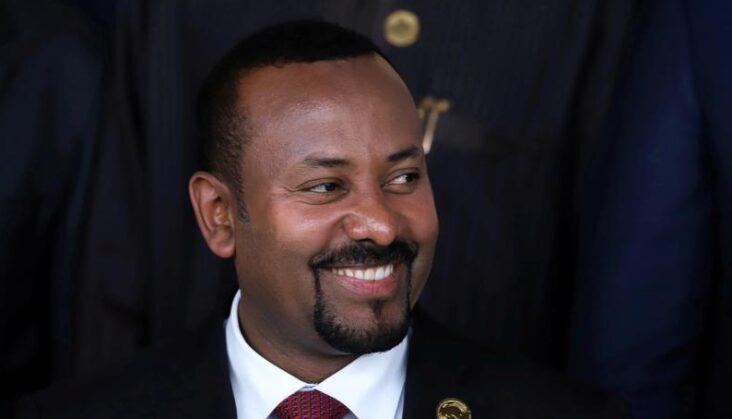With just five months to the August elections, Ethiopia’s PM Abiy Ahmed’s ‘new’ party is working to popularize itself, even as it battles with other parties on multiple fronts.
Just three months after rebranding EPRDF, the former ruling party which brought him to power, Ethiopia’s Prime Minister is facing up to the many battles on multiple fronts his new party faces, as he tries to steer the ship towards the August election.
The Prosperity Party, now one of the country’s 130+ political parties, was always going to be PM Abiy’s way of setting a different political agenda other than that of the party of Meles Zenawi.
- But the former ruling party did not go quietly. The TPLF, the founding member of the former coalition, argued last year that the change was unconstitutional.
- After a failed reconciliatory meeting last November, where PM Abiy threatened to not only blockade Tigray, which the TPLF rules, but also threatened to rig the August elections, he formed the new party without them.
- In January, he also fired the TPLF’s deputy leader, Fetlework Gebregziabher, from the cabinet.
In the first days of February, Ethiopia’s election board mediated between the Prosperity Party and the TPLF on asset sharing, giving the former three quarters and the latter a quarter of the net worth of the former ruling party.
- Within a few weeks, the new party opened new offices in Tigray and is training its mid-level leaders there and across the rest of the country.
With the Prosperity Party now a reality, PM Abiy has adopted a slightly more conciliatory tone with Tigray, explaining that his administration was not sidelining the region.
- “There are still over ten state ministers and officials who are from Tigray, according to PM Abiy. “One minister is sacked from a position…But the number of people from Tigray is still the same…”
The Ethiopian leader still needs Tigray for several reasons, almost all of them important.
The most important one is existential: after holding power for three decades, Tigray is the military bastion of the Eastern African country, and its economic web cuts across the country.
Via- TheAfricanReport

